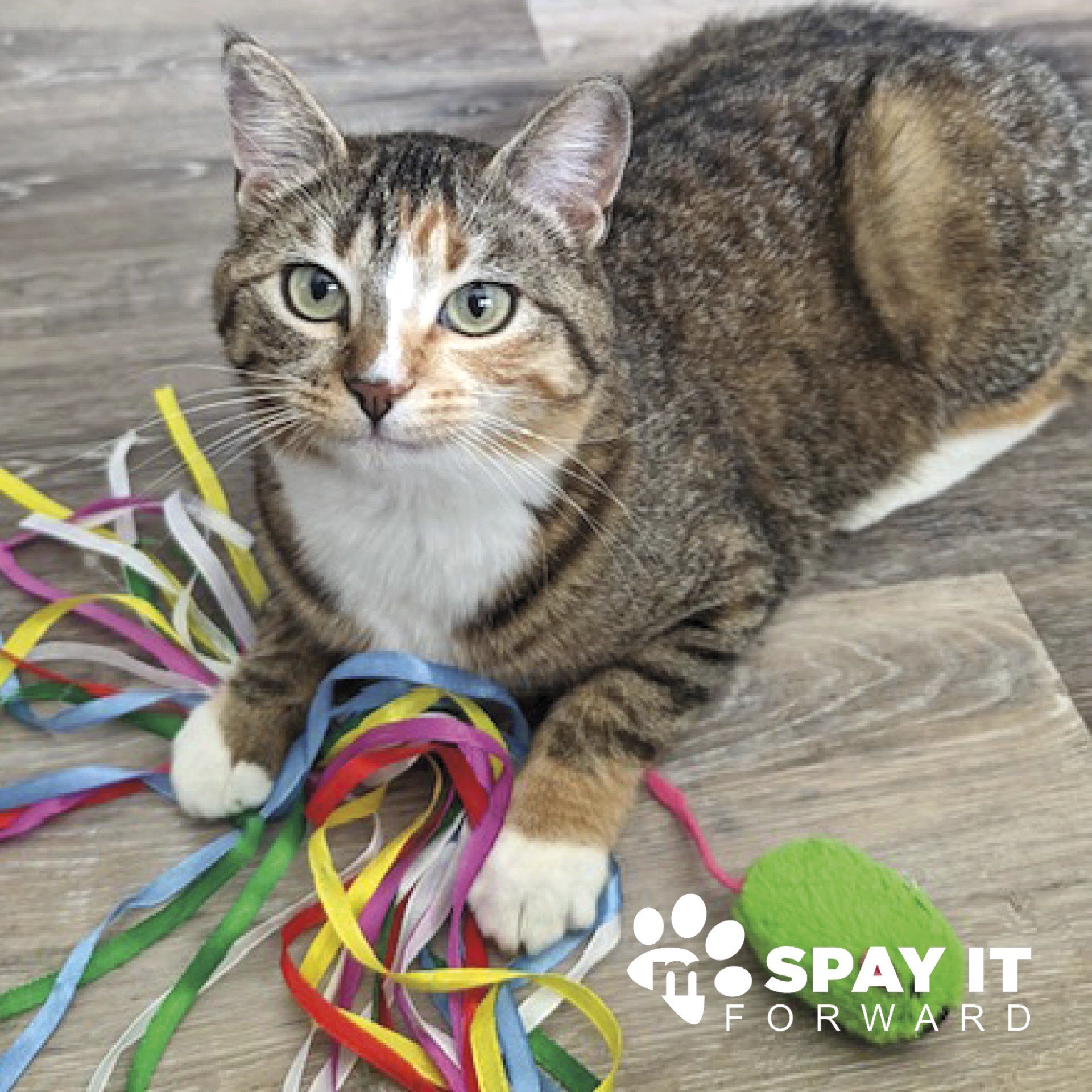Cats coping with change
/If you've ever struggled to cope with a change in your life such as a move, the sudden loss of a loved one or even a change in your current living environment, then you can likely to relate to a rescued cat! Like people, every cat is different in how they cope, but for many, change is traumatic and they need patience and compassion while they adjust.
Regina Cat Rescue (RCR) frequently receives concerned inquiries from recent adopters or new foster families worried that something is wrong with their new cat, or that there’s something more they should be doing if the cat doesn’t immediately meet their behavioural expectations.
In most cases, the cat is simply working to adapt at his or her own pace, and they just need a bit of time and TLC while they adjust. RCR takes in stray and abandoned cats as well as those who are left homeless due to the death or incapacitation of their owners, so they need time to cope with loss and sudden change.
It can take anywhere from two to several weeks for your new cat to adjust and feel at home. It doesn’t mean the cat won’t ever adjust — he's just doing it at his own pace. The best thing you can do is be patient and provide a stable routine and love.
Here are some additional tips to consider:
In the car. Car rides can be stressful for cats. Minimize this by not leaving your cat unattended in the vehicle or stopping to run errands - head straight home instead. Keep your cat safely in the carrier until you're at home.
Once at home. Give your cat time to adjust to his new environment. Be patient and understand that your kitten may have just been separated from his siblings or mother, or your cat may have just been living on the streets or with another human he was bonded with. Don't be alarmed if he hides under furniture and if he stays there for several hours or even days. Help him feel secure by ensuring he has food, water and a litter box nearby.
Start small. Introduce your cat to his new home gradually — start by restricting him to one room at first. If you have other animals in the house, keep them out of the new cat's room for now. Don't overwhelm your cat by demanding too much attention, but be sure to spend time with him in his room so gets accustomed to you.
Stay calm. Cats are sensitive creatures and can pick up on stress in their environment. Don't shout or raise your voice near your cat. If he's sleeping, don't wake him. And be sure not to chase your cat. You may want to try a Feliway Diffuser to help create calm and comfort.
Gradual introductions. Help your resident animals and your new cat get to know each other through a gradual introduction. It's important not to throw two cats together and expect them to work it out and get along. Start by scent-swapping, then visual contact and eventually interaction. There are many great resources online that provide detailed advice on gradual introductions.
Learn more:











